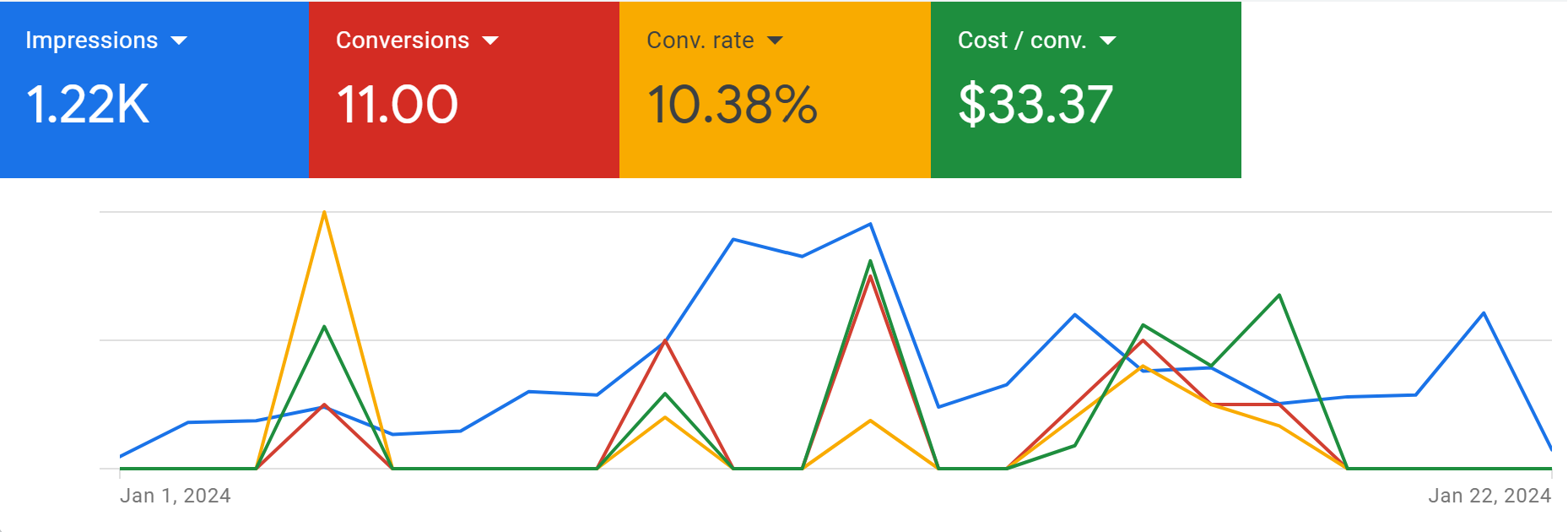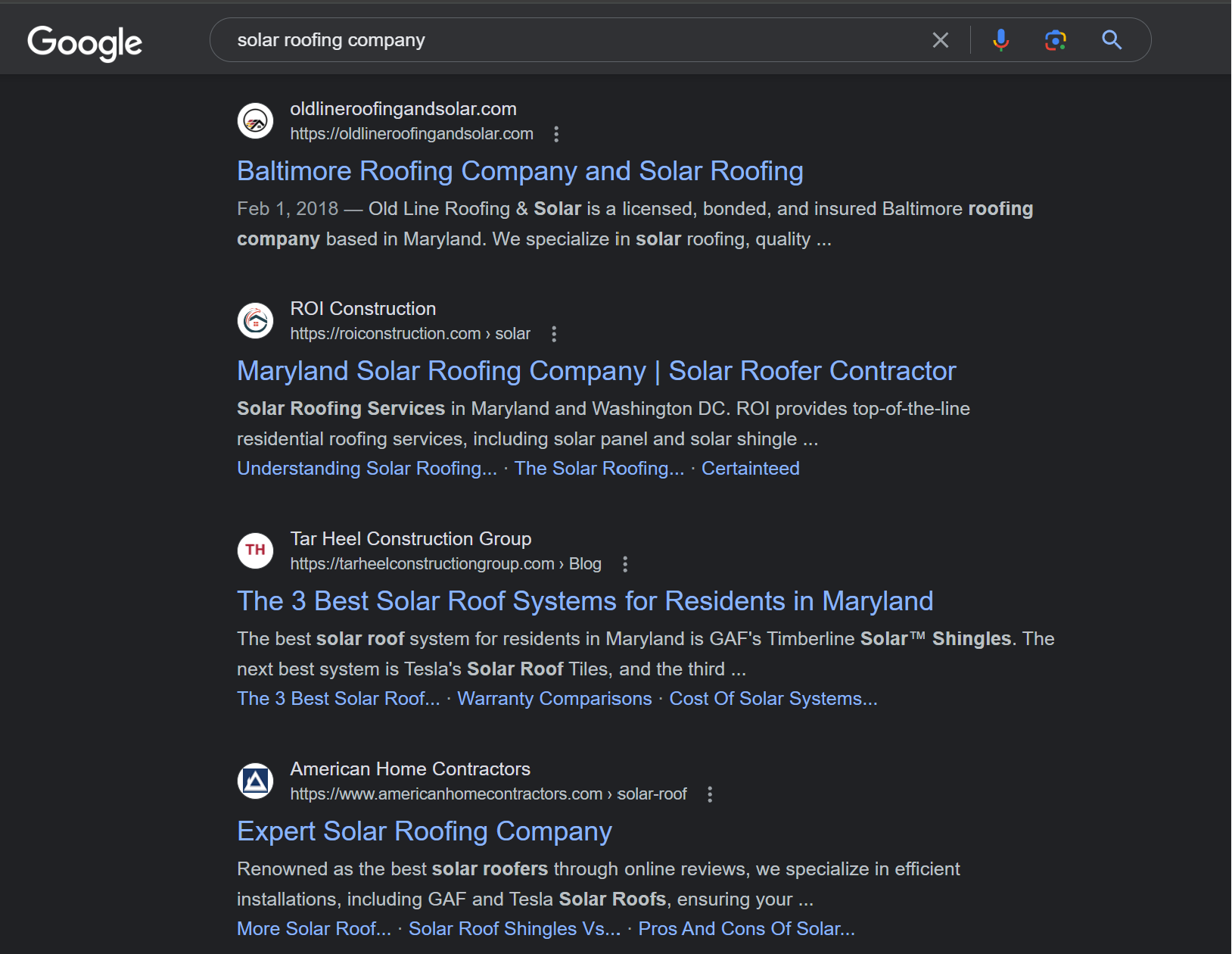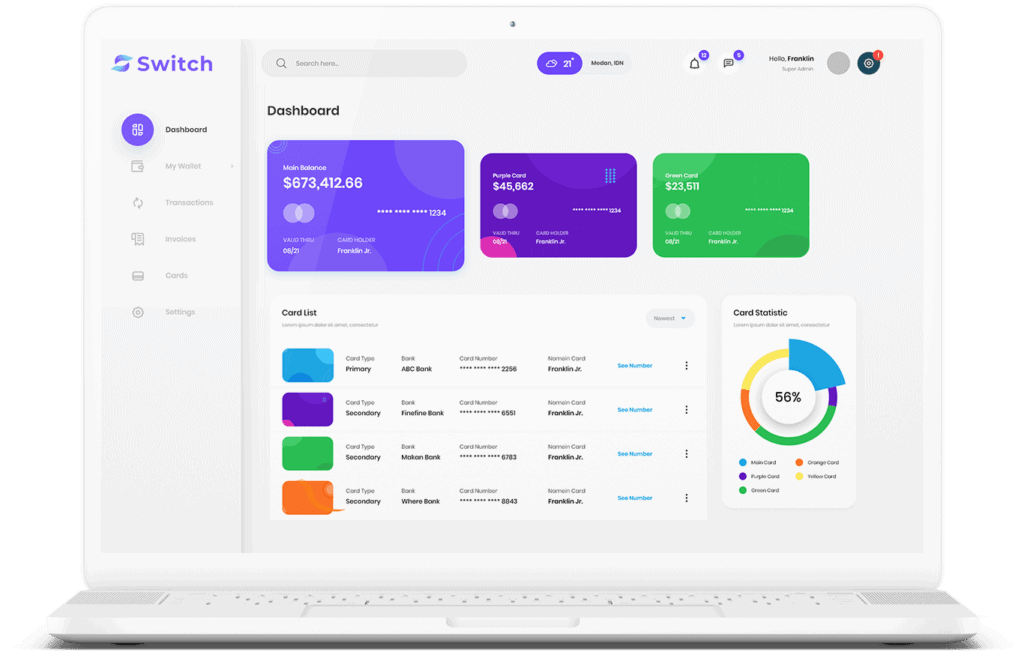Small businesses in the digital marketplace increase their visibility by mastering Search Engine Optimization – SEO for Small Businesses.
This article illuminates the strategic application of SEO, crucial for driving organic traffic and enhancing brand recognition. It offers a comprehensive guide, from keyword research to website design, for small businesses to navigate the ever-evolving digital landscape, thereby optimizing their digital marketing efforts.
Key Takeaways
- SEO enhances online visibility and attracts organic traffic.
- Well-structured websites with valuable content can engage visitors and increase sales conversions.
- Local SEO enhances online visibility for small businesses in specific geographic areas.
- Mobile optimization matches user trends and increases visibility.
Importance of Keyword Research
Thorough keyword research is a crucial element in the field of SEO for small businesses, as it forms the basis of an effective online visibility strategy. It is the crucial first step in understanding what potential customers are searching for and aligning that with the services or products your business offers.
To optimize SEO is not merely about identifying popular search terms but discerning the intent behind these searches. This involves interpreting the nuances of language and user behavior to anticipate what the customer requires. An in-depth analysis of keyword data can reveal patterns and trends, providing a deeper understanding of your target market’s needs and preferences.
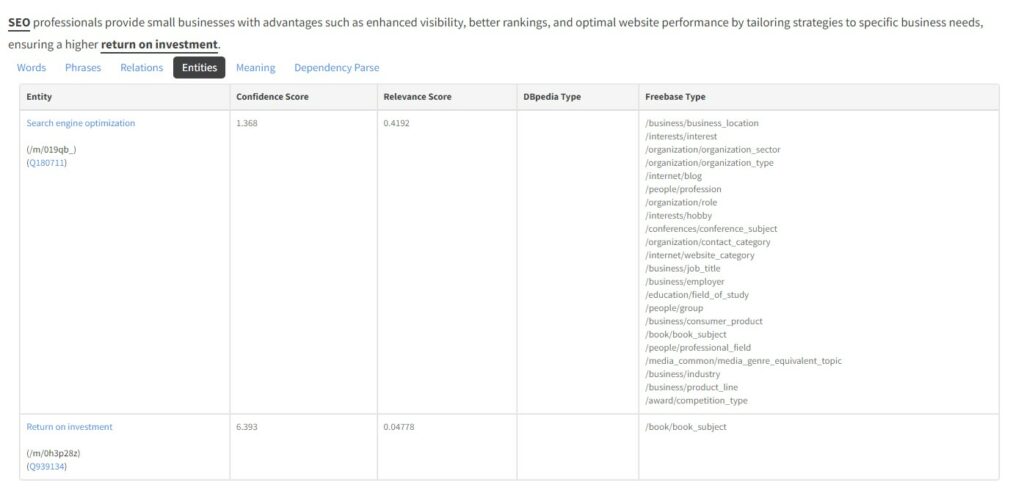
Moreover, keyword research aids in shaping the content strategy. By incorporating user-centric keywords into your website’s content, businesses can enhance their relevance in search engine results. This, in turn, can increase website traffic, customer engagement, and ultimately, sales conversions.
On-Page SEO Tactics
Small businesses can enhance their website’s search engine visibility and ranking by employing on-page SEO tactics such as meta tags utilization, keyword optimization, internal linking, site speed improvement, and mobile optimization.
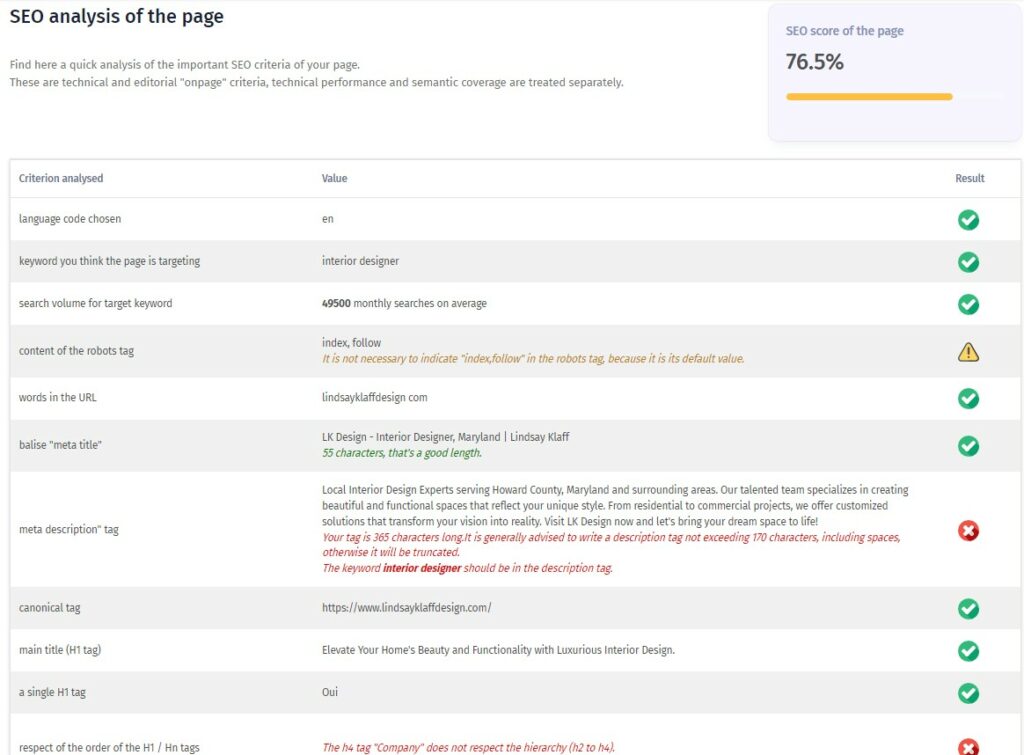
Meta tags give search engines information about your page and are an essential part of SEO optimization. Keyword optimization involves strategically integrating relevant keywords in your content without overstuffing.
Internal linking helps to improve your site’s navigation, increases page views, and reduces bounce rate.
Site speed is a critical factor in search engine ranking. Users are likely to abandon slow-loading websites, which increases bounce rates and negatively affects your SEO.
Lastly, with the growing number of mobile users, ensuring your website is mobile-friendly is crucial.
| On-Page SEO Tactics | Importance |
|---|---|
| Meta Tags | Essential for search engines |
| Keyword Optimization | Enhances visibility |
| Internal Linking | Improves site navigation |
| Site Speed | Crucial for user retention |
| Mobile Optimization | Matches user trends |
Each tactic requires a strategic approach and detail-oriented implementation to effectively increase a website’s visibility and ranking.
Off-Page SEO Strategies
The strategies have the potential to enhance your website’s authority, elevate its search engine rankings, and amplify its visibility to prospective customers.
Mastering off-page SEO involves understanding and implementing effective methods that can influence the perception of your website in organic search results. Here are four strategic off-page SEO strategies:
- Link Building: Acquiring high-quality backlinks from reputable websites can enhance your site’s credibility and improve its search engine ranking.
- Social Media Engagement: Regular interaction on social media platforms can increase brand visibility and drive traffic to your website.
- Influencer Outreach: Collaborating with influencers in your industry can help you reach a wider audience and earn high-quality backlinks.
- Guest Blogging: Writing content for other websites not only positions you as an authority in your industry but also provides opportunities for backlinks.
Utilizing Local SEO
Local SEO involves the optimization of your website for improved ranking among local audiences, crucial for small businesses depending on foot traffic or local customers.
To utilize local SEO, start with claiming your Google Business Profile listing. This ensures your business appears on Google Maps and in local search results. Information like your business address, hours of operation, and customer reviews all contribute to your local SEO strategy.

Another local SEO strategy is to optimize your website content with local keywords. Think about the terms a local customer might use when searching for your product or service. Include your city, neighborhood, or other geographic markers in your website’s title tags, meta descriptions, and content.
Backlinks from local businesses or organizations also boost local SEO. Partner with other local businesses or sponsor local events to get these backlinks.
Lastly, reviews impact your local SEO. Encourage satisfied customers to leave positive reviews on Google or other review sites. Not only do reviews affect your local ranking, but they also build trust with potential customers.
Local SEO is an underutilized tool that small businesses can leverage for better online visibility.
SEO Friendly Website Design
An SEO-friendly website design enhances site visibility, user experience, traffic, and conversions.
To ensure your website design is SEO-friendly, follow these four strategic steps:
- Responsive Design: Ensure your website is mobile-friendly. Google prioritizes mobile-friendly sites in search results. This means a responsive design can improve your rank and reach more potential customers.
- Fast Loading Speed: Slow websites frustrate users and can lead to higher bounce rates. Optimize your website’s loading speed by compressing images, enabling browser caching, and minimizing HTTP requests.
- Clear Navigation: Your website should be easy to navigate. A clear, intuitive design helps users and search engines understand your content. Use descriptive URLs, headers, and meta tags.
- Quality Content: Regularly update your website with high-quality content. This not only attracts users but also increases your site’s relevance and authority in the eyes of search engines.
Mastering these aspects will create a solid foundation for your small business’s SEO strategy. The investment in an SEO-friendly design will pay dividends in improved visibility, traffic, and conversions.
Leveraging Content for SEO
SEO is fundamentally about creating valuable content for your target audience which is also easily discoverable by search engines, not merely incorporating keywords.
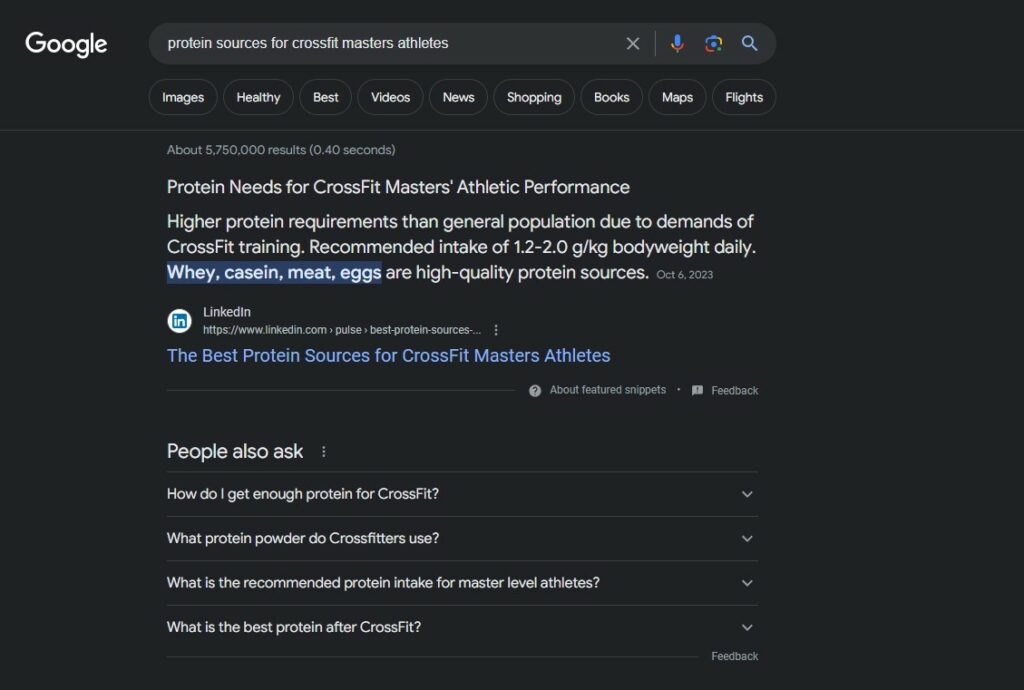
As a small business owner, your content strategy should be anchored on understanding the needs, questions, and concerns of your customers and providing answers through your content. This could be in the form of blog posts, how-to guides, infographics, or videos. Each piece of content should be meticulously crafted, employing the right keywords in a natural and organic manner.
Additionally, ensure your content is original and updated frequently. Search engines favor fresh and unique content, as it indicates that your website is active and relevant. Also, consider leveraging content that can generate backlinks, such as guest posts or original research. These backlinks serve as a signal to search engines that your content is valuable and trustworthy, further boosting your SEO efforts.
Ultimately, leveraging content for SEO is about striking a balance between satisfying your audience and appealing to search engines.
Role of Social Media in SEO
With the surge in social networking, businesses can no longer afford to overlook the value of social media platforms in their SEO strategy.
- Brand Visibility and Recognition: Social media aids in increasing your business’s visibility, thus improving your chances of appearing in search engine results.
- Boosts Website Traffic: Sharing content through social media platforms directs users back to your website, thereby increasing organic traffic.
- Promotes Link Building: Quality content shared on social media often garners attention and may be linked by other websites, contributing to your SEO strategy.
- Enhances User Engagement: Social media enables active engagement with your audience, which can lead to improved website ranking.
SEO Tools for Small Businesses
Building on the value of social media in SEO strategy, it is essential to delve into the myriad of SEO tools available that can significantly aid small businesses in enhancing their online presence. These tools offer a wealth of features, including keyword research, backlink analysis, and website audits, which are pivotal for SEO success.
Among the top-tier SEO tools are SEMrush and Ahrefs. SEMrush excels in comprehensive keyword research, allowing businesses to identify high-performing keywords in their industry. Ahrefs, on the other hand, offers robust backlink analysis, enabling firms to monitor their link profile and identify opportunities for improvement.
Google’s free tools, such as Google Analytics and Google Search Console, are also invaluable. Analytics provides extensive user data, helping businesses understand their audience better. Search Console, meanwhile, alerts businesses to any website issues that may impact SEO.
Lastly, Yoast SEO, a WordPress plugin, simplifies on-page SEO, making it easier for small businesses to optimize their content. By leveraging these tools, small businesses can execute a strategic, data-driven SEO plan to elevate their online visibility.
Tracking SEO Progress
The utilization of SEO tools, as previously discussed, is merely the first step; tracking the progress of these SEO efforts is an equally critical aspect of an effective strategy for small businesses. To gauge the success of your SEO strategy and make necessary adjustments, consistent monitoring, and tracking is required.
Here are four key metrics that small businesses should regularly track:
- Organic Traffic: This metric shows the number of visitors who found your website through a search engine. An increase in organic traffic indicates effective SEO strategies.
- Bounce Rate: This is the percentage of visitors who leave your website after viewing only one page. A high bounce rate might suggest that your website’s content isn’t engaging or relevant.
- Conversion Rate: This metric shows the percentage of website visitors who complete a desired action, like making a purchase or signing up for a newsletter. The higher the conversion rate, the more effective your SEO strategy.
- Keyword Ranking: This measures how your website ranks in search engine results for specific keywords.
SEO Vs SEM: Differences
Understanding the differences between Search Engine Optimization (SEO) and Search Engine Marketing (SEM) is crucial for small businesses looking to strengthen their online presence. SEO is a strategy focused on improving a website’s organic visibility on search engines. It involves optimizing website content and structure to make it more attractive to search engines, which can lead to higher rankings on search engine results pages (SERPs).
On the other hand, SEM encompasses SEO and also includes paid search advertising strategies. Unlike SEO, which seeks to improve organic rankings, SEM uses paid tactics, such as pay-per-click (PPC) advertising, to increase visibility on SERPs. This can provide immediate visibility on search engines but at a cost.
The choice between SEO and SEM depends on your business objectives, budget, and timeline. SEO is a long-term investment that can provide sustainable results, while SEM can offer quick wins but requires ongoing investment. As a small business, it’s important to understand the strengths and weaknesses of both strategies to leverage them effectively and gain a competitive edge in the digital marketplace.
Role of Backlinks in SEO
The informed use of backlinks strategically boosts a website’s search engine ranking, driving organic traffic and amplifying the business’s digital footprint.
- Relevance: Backlinks from topically related websites signal to search engines that your content is reliable and relevant to the linked text.
- Authority: High-quality backlinks from reputable sites can increase your site’s perceived authority, leading to better search engine rankings.
- Referral Traffic: Backlinks not only improve SEO but also drive referral traffic directly from the linking site, which can lead to increased sales.
- Competitive Edge: A robust backlink profile can give small businesses an edge over competitors who may not be as proactive in their SEO strategy.
In short, the role of backlinks in SEO is pivotal to ensuring a website’s visibility and online success. Therefore, a meticulous, detail-oriented approach is required to build and maintain an effective backlink profile.
Mobile SEO for Small Businesses
As more people use smartphones to access the internet, Google’s algorithms have shifted towards mobile-first indexing. This means that the mobile version of your website becomes the starting point for what Google includes in its index and the baseline for ranking.
Mobile SEO involves designing your site for the user on the go. It’s about ensuring your website is responsive, meaning it automatically adjusts to fit the screen size of the device being used. Navigation should be easy, with clear, clickable buttons and a minimum of pinching or zooming.
Content should be concise and easily digestible, as mobile users often search in quick bursts. Page load speed is also paramount due to often unstable or slower mobile internet connections. An optimized mobile site not only enhances user experience but also signals to search engines that your site is high-quality, thus improving your ranking.
Mobile SEO is not an optional extra for small businesses—it’s a necessity. Implementing these strategies will help your business meet the demands of the modern, mobile-first world.
SEO and User Experience
The quality of user experience (UX) on a small business’s website impacts its SEO ranking because search engines like Google use user engagement metrics to assess the site’s usefulness.
- Simplicity: Keep your website design simple and intuitive. A clutter-free, easy-to-navigate site reduces bounce rates and increases time spent on the site, improving your SEO ranking.
- Speed: Website loading speed influences user satisfaction. Slow-loading sites frustrate users, leading to higher bounce rates and negatively impacting your SEO.
- Mobile Compatibility: With the increasing use of mobile devices for internet surfing, ensuring your website is mobile-friendly is no longer optional but a necessity.
- Quality Content: Relevant, valuable content keeps users engaged, increases dwell time, and encourages repeat visits, which can impact SEO positively.
Incorporating these UX principles into your SEO strategy is not just about improving your ranking on search engines but also about building a loyal customer base, which ultimately results in increased revenue for your small business.
Avoiding SEO Mistakes
One common mistake is overlooking the importance of keyword research. This process aids in understanding what terms your target audience uses when searching for your products or services. Ignoring this can lead to decreased visibility and lower search engine rankings. Another error involves neglecting to optimize website images. Large, unoptimized images can slow down your site, negatively impacting user experience and SEO.
Similarly, many small businesses fail to create a mobile-friendly website. With an increasing number of users accessing the internet via mobile devices, it’s paramount that your website is mobile-optimized. Finally, producing poor-quality content can damage your SEO efforts. Search engines favor sites that provide valuable, relevant content to users.
Avoiding these mistakes requires a strategic approach to SEO. By conducting thorough keyword research, optimizing images, ensuring mobile-friendliness, and creating high-quality content, small businesses can avoid common SEO pitfalls and improve their online visibility.
Benefits of Hiring SEO Professionals
SEO professionals provide small businesses with advantages such as enhanced visibility, better rankings, and optimal website performance by tailoring strategies to specific business needs, ensuring a higher return on investment.
- Enhanced Visibility: SEO professionals have the expertise to make your website more visible by improving its ranking on search engine results pages. This increased visibility leads to more organic traffic and, ultimately, more potential customers.
- Higher Rankings: SEO professionals use strategic keyword placement, quality content creation, and link building to boost your website’s ranking on search engines like Google, Bing, and Yahoo.
- Optimal Website Performance: SEO is not just about keywords and links; it also involves making your website more user-friendly. SEO professionals can optimize your website’s loading speed, navigation, and design to provide a better user experience.
- Strategic Content Creation: SEO professionals can create engaging, informative, and SEO-optimized content that not only attracts but also retains customers.
Impact of SEO on Sales
A small business’s sales potential can significantly increase as a direct result of an effective SEO strategy. This strategy enhances online visibility, attracting a higher volume of organic traffic to your website. This increase in traffic often leads to an expansion in the customer base, and subsequently, greater sales.
SEO’s impact on sales is not instantaneous, but a long-term investment. It involves strategically curating keywords that potential customers are likely to use when searching for your product or service. When your business ranks high on search engine results pages (SERPs), it increases the likelihood of consumers visiting your website and making a purchase.
Moreover, SEO improves the user experience by making your website easier to navigate, further boosting the chances of sales conversions. A well-structured, fast-loading website with valuable content can engage visitors for longer, increasing the likelihood of turning them into customers.
SEO Budgeting for Small Businesses
With careful allocation, a budget for SEO can significantly enhance a small business’s online presence and competitiveness. Strategic budgeting can optimize resources, drive more traffic to your website, and elevate your brand visibility.
Here are four essential steps in implementing an effective SEO budget:
- Identification of Business Objectives: Define clear and measurable goals. These may be increasing website traffic, improving keyword rankings, or driving higher conversion rates.
- Resource Allocation: Allocate funds strategically across all critical SEO areas, such as keyword research, content creation, website optimization, and link building.
- Tracking and Analysis: Use analytics tools to track your progress. Regular monitoring allows for real-time adjustments and ensures your budget is yielding the desired results.
- Continuous Improvement: SEO is a long-term strategy that requires constant adjustment and improvement. Always keep a portion of your budget for experimenting with new strategies and addressing unforeseen changes in the marketplace.
Future of SEO: Trends to Watch
Several trends are shaping the future of SEO, each with its potential opportunities and challenges.
Firstly, voice search is rapidly gaining popularity, fueled by the proliferation of smart devices. This trend necessitates a shift towards long-tail keywords and natural language processing. Secondly, artificial intelligence (AI) continues to revolutionize SEO, with algorithms becoming increasingly adept at understanding and predicting user behavior.
Another trend to watch is the growth of mobile-first indexing. With the majority of internet users accessing the web on mobile devices, search engines are placing greater emphasis on mobile-optimized websites.
Lastly, the importance of local SEO is set to increase as search engines strive to deliver more personalized and location-specific results.
Understanding these trends and adapting SEO strategies accordingly will be crucial for small businesses in the digital marketplace. By staying abreast of these developments, businesses can position themselves to take full advantage of the opportunities they present, ensuring their continued growth and success online.
Case Studies of SEO Success
Firstly, we have a local bakery, “Bake My Day”. They optimized their website for local SEO, using keywords related to their city and baking. They also listed their business in local directories. The result? A 70% increase in organic traffic and 30% more in-store visits.
Secondly, a small tech startup, “Techie Toys”, utilized long-tail keywords related to their niche products. In addition, they enhanced their site’s mobile compatibility. Their website traffic saw a 50% boost, and conversions rose by 20%.
Thirdly, “Fit For Life”, a fitness studio, capitalized on content marketing. Regular blog posts, workout guides, and nutrition tips helped them rank higher for fitness-related keywords. They gained a 60% increase in membership sign-ups.
Finally, “Green Thumb”, a gardening service, made use of social media signals and backlinks from gardening blogs. Their website traffic doubled, and they saw a 40% increase in service bookings.
These case studies illustrate the transformative power of SEO. With the right strategies, small businesses can indeed compete with larger counterparts in the digital sphere.
Frequently Asked Questions
What Are Some SEO Practices Specifically Beneficial for Niche Businesses?
For niche businesses, best practices include tailoring content to the specific audience, harnessing local SEO, utilizing long-tail keywords, focusing on user experience, and leveraging analytics for continuous improvement of search engine visibility.
How Can I Effectively Train My Team in SEO Practices?
To effectively train your team in SEO practices, implement a comprehensive training program. This should encompass foundational SEO knowledge, practical application, ongoing learning, and assessment methods to ensure understanding and skill development.
What Are Common SEO Scams Small Businesses Should Be Aware Of?
Small businesses should beware of SEO scams such as guaranteed results, secret strategies, rapid rankings, and free SEO audits. These tactics are often deceptive, promising unrealistic outcomes that can lead to penalties from search engines.
How Do the Changing Internet Privacy Laws Affect SEO Strategies?
Changing internet privacy laws impacts digital marketing strategies by altering data collection and usage rules. Businesses need to adapt their strategies to be compliant while still effectively reaching their target audience online.
How Can SEO Help in Reputation Management for Small Businesses?
Reputation management for small businesses is crucial. Through strategic SEO, businesses can control their online image by promoting positive content and minimizing negative search results, thus enhancing their brand’s credibility and trustworthiness.
Conclusion
In conclusion, mastering SEO strategies proves vital for small businesses in the digital age. It aids in enhancing online visibility, driving organic traffic, and boosting sales. But, how prepared are small businesses to adapt to the evolving SEO trends? Success lies in continuously updating and optimizing SEO strategies, keeping abreast with algorithm changes, and dedicating resources to SEO efforts. Ultimately, the adept use of SEO could be a game-changer for small businesses in the competitive digital landscape.
